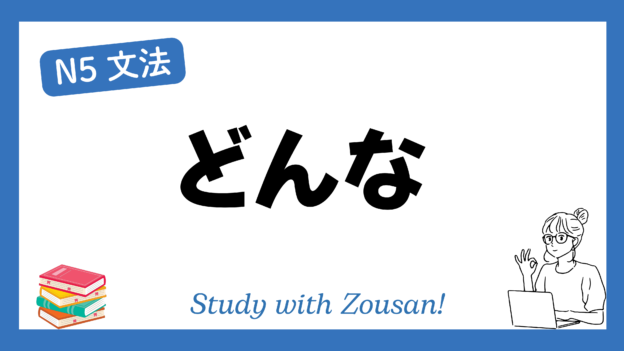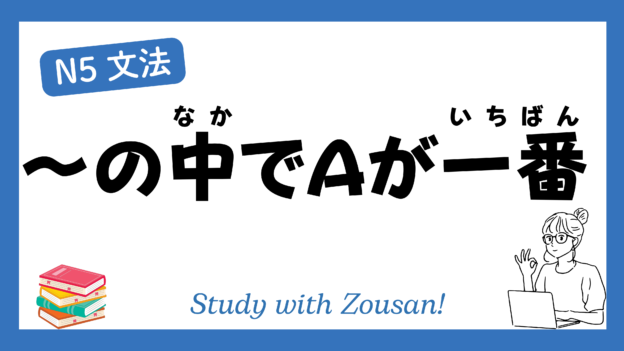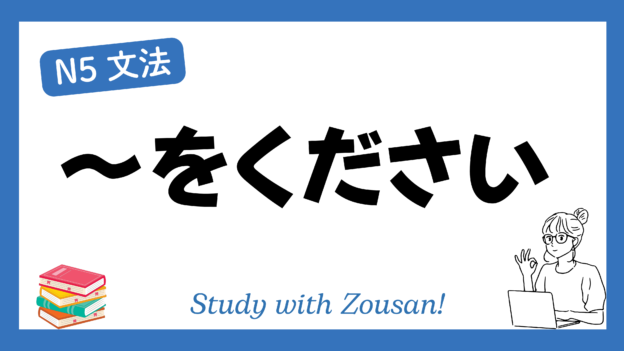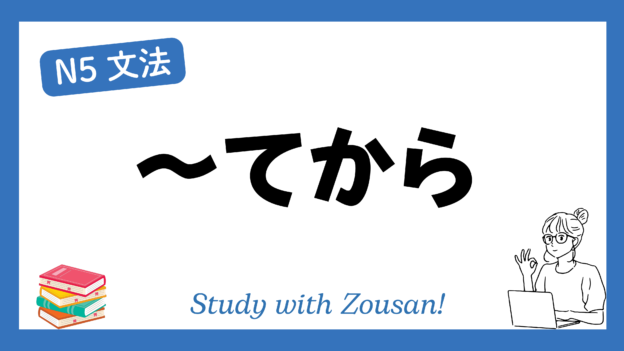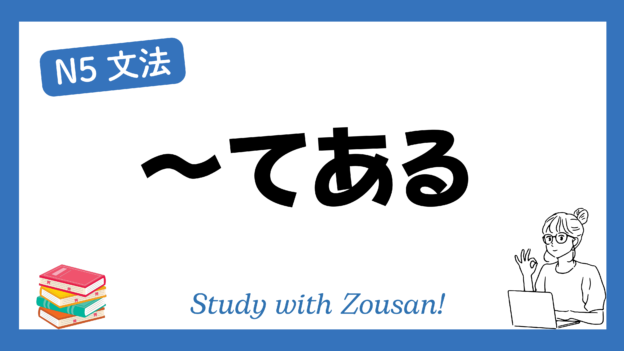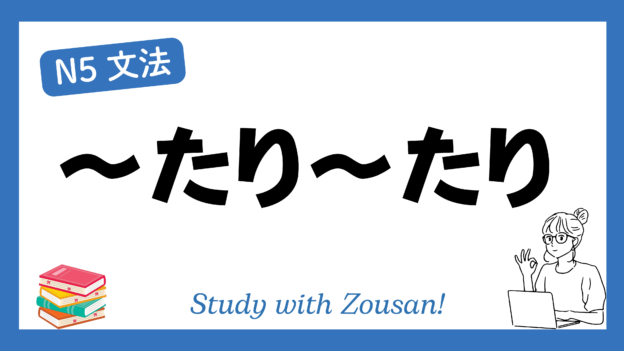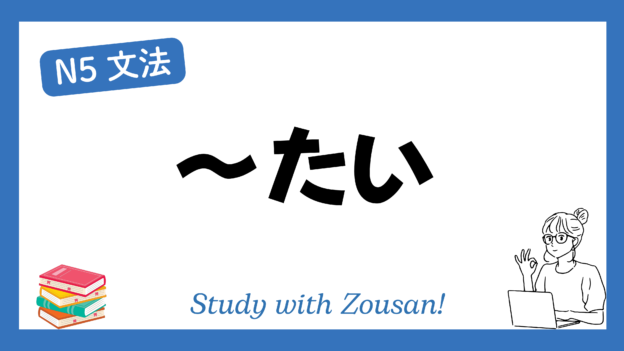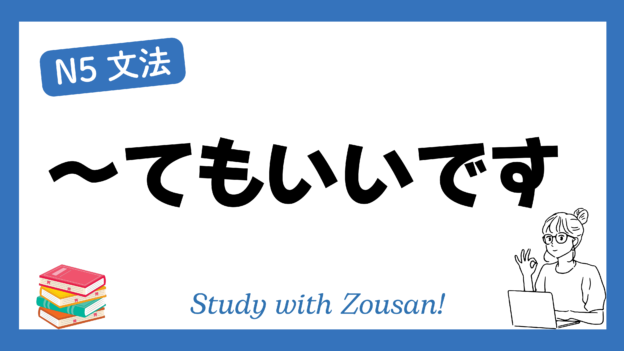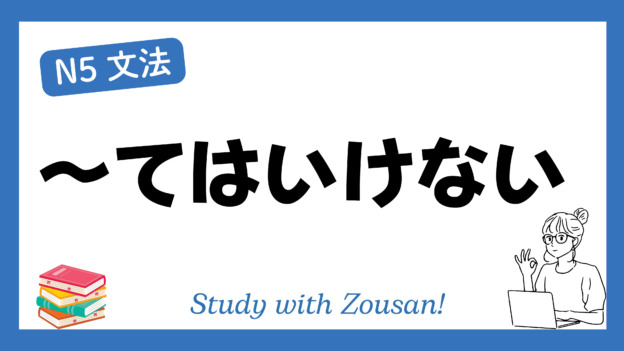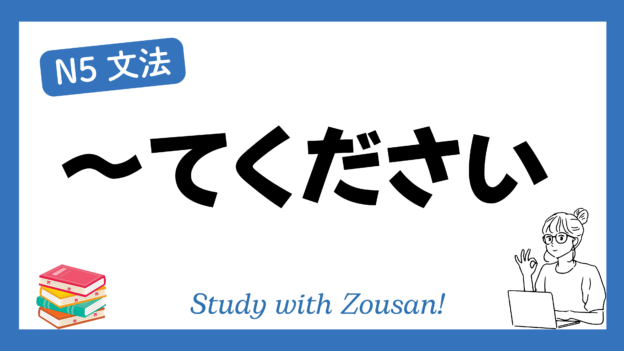Meaning: “What kind of…?”, “What type of…?”
This structure is used to ask about the type, kind, or characteristics of an object or event. It is commonly used to inquire about specific details regarding something the speaker is interested in.
※Note: “どんな” is often used in questions to request information about the characteristics or state of something and can be followed by a noun.
Structure:
| どんな + Noun |
Example:
-
-
-
🌟 あなたはどんな音楽が好きですか?
(あなた は どんな おんがく が すき ですか)
What kind of music do you like? -
🌟 どんな料理を作りますか?
(どんな りょうり を つくりますか)
What kind of dishes do you cook? -
🌟 あなたはどんな映画が好きですか?
(あなた は どんな えいが が すき ですか)
What kind of movies do you like? -
🌟 どんな本を読んでいますか?
(どんな ほん を よんで いますか)
What kind of books are you reading? -
🌟 どんなスポーツが得意ですか?
(どんな スポーツ が とくい ですか)
What kind of sports are you good at? -
🌟 今日はどんな天気ですか?
(きょう は どんな てんき ですか)
What is the weather like today? -
🌟 どんな旅行が好きですか?
(どんな りょこう が すき ですか)
What kind of travel do you like? -
🌟 彼女はどんな人ですか?
(かのじょ は どんな ひと ですか)
What kind of person is she? -
🌟 どんな趣味を持っていますか?
(どんな しゅみ を もっていますか)
What kind of hobbies do you have? -
🌟 どんな仕事をしていますか?
(どんな しごと を していますか)
What kind of work do you do?
-
-


